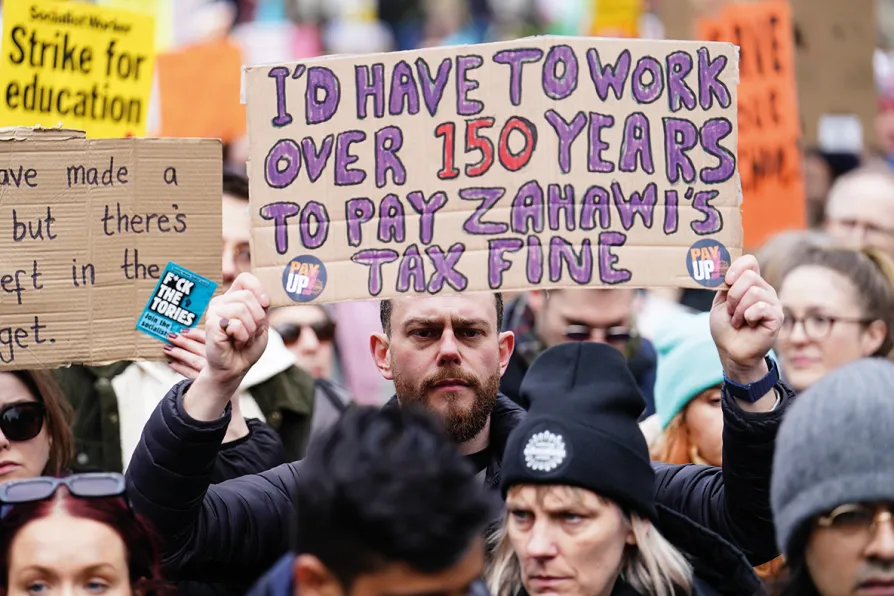Does widespread and uncontrolled use of AI change our relationship with scientific meaning? Or with each other? ask ROX MIDDLETON, LIAM SHAW and MIRIAM GAUNTLETT


WHEN Rishi Sunak appointed his ethics adviser to investigate the affairs of Nadhim Zahawi it was with the task of effecting the necessary defenestration of the former Chancellor.
The nonsense about the late discovery of breaches in the ministerial code does not bear examination. The key facts were known weeks ago. Zahawi'’s eventual sacking, far from revealing the hidden inner man of steel behind Sunak'’s expensive smile, shows just how vacillating the premier is and how he is in thrall to his fractious back benches, disloyal Cabinet and Neanderthal party members.
According to the latest opinion poll, just 16 per cent of the British population think that Conservative Party ministers are more interested in serving the public than in personal advancement. The wider significance of Nadhim Zahawi'’s fall is not that he is an exception but that, in the higher reaches of the Conservative Party, he is taken as typical.

ISAAC SANEY points to the global stakes involved in defending the Cuban revolution against imperialism and calls for resistance

Our charter’s demands for fair pay, affordable housing and environmental security will recruit working-class youth into the political struggle for socialism, emulating the success of the Women’s Charter, writes YCL general secretary GEORGINA ANDREWS











